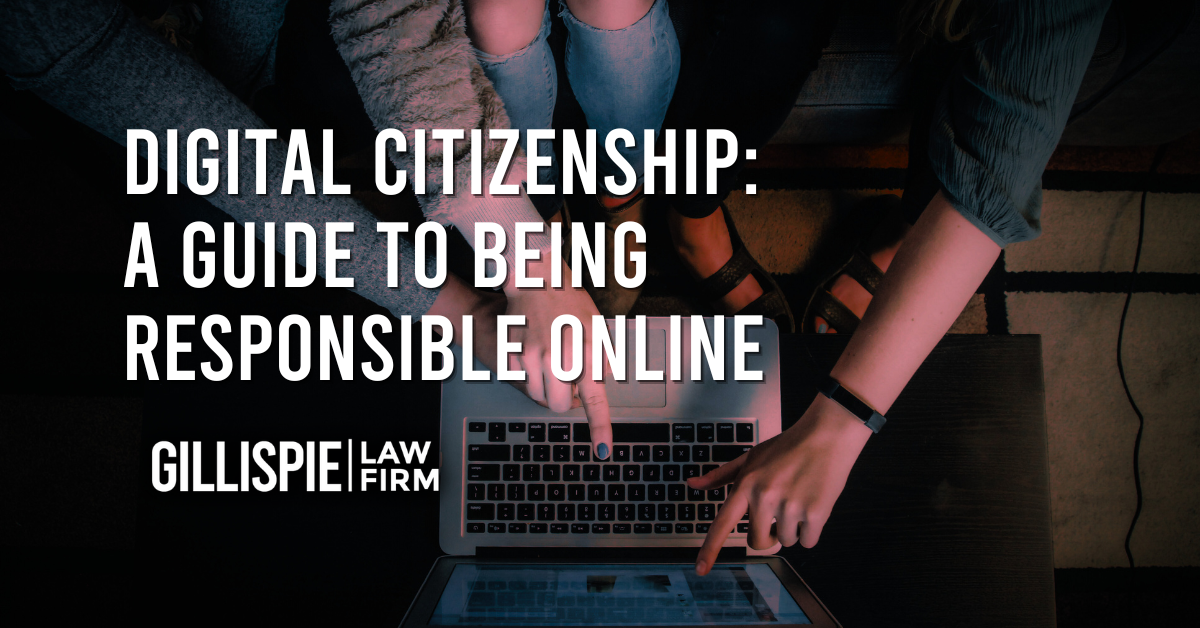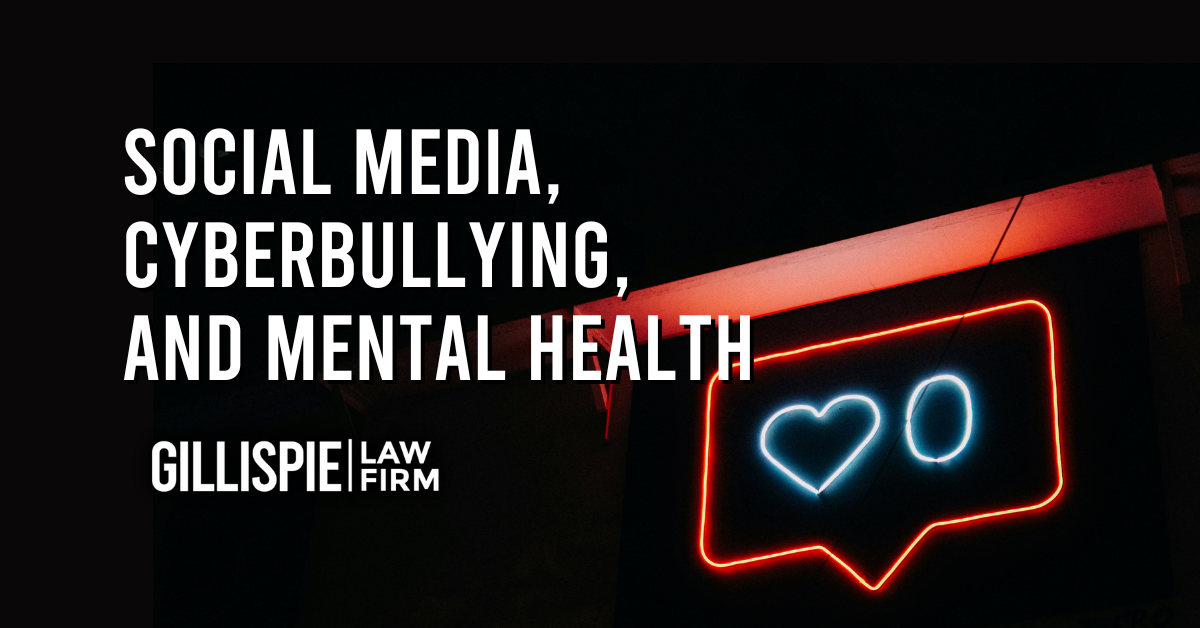Victim Blaming: We’re All to Blame Here
Let’s not mince words: we’re a deeply judgmental society.
We hate-watch programs so we can rail about them on social media, we try to cancel any person or group that doesn’t meet our expectations, we routinely pre-judge people we don’t even know based on what a trusted confidant tells us, and we’re all too comfortable smack-talking people online when we’re comfortably ensconced in anonymity.
Rushing to judgment is so common and so widespread that it often goes unnoticed, even when we’re the ones doing it. But nowhere is this tendency more apparent — or more insidious — than when we blame a victim of sexual assault.
Often times, victim-blaming isn’t even a conscious process. Perhaps you caught a glimpse of the victim on the evening news and decided that he or she looked too composed, too calm to be the survivor of sexual assault. Maybe you found out that he or she has a prior arrest record, or was intoxicated, or they’re wearing revealing clothing. Our minds race to create stories based on the scattered clues we pick up — that’s just human nature — and all too often, those stories paint the victim in an unflattering light.
The Goldilocks Dilemma
It’s known as the Goldilocks dilemma: victims can’t be too hysterical or too composed, they can’t look too grubby after their traumatic experience or too clean. Their recollection of events must be flawless or they’re not considered trustworthy, their past must be an open book or they’re hiding something. We impose all of these societal expectations on victims and then wonder why more survivors aren’t willing to come forward.
And even if the victim somehow manages to successfully navigate all of these expectations and presents as the model victim, he or she still will still face judgmental questions from well-meaning folks in their inner circle. Questions like: “Are you sure you didn’t say the wrong thing?” or “Why didn’t you speak up sooner?”
Such judgmentalism — no matter how unconscious or unintentional — can be devastating to a sexual abuse survivor. There’s even a term for it: “Second rape,” due to how traumatic it can be for survivors, exacerbating their already significant psychological and physical stress. Even something as simple as silent stares while waiting in line at the grocery store can revictimize a sexual assault survivor all over again.
The Just World Belief
So, knowing all this, why do we still do it? That’s a little harder to answer, but some psychologists hypothesize that it’s an attempt to contrive order from a disordered universe; our minds trying to formulate a story to fit our preconceptions of how things are supposed to be. It’s known as “just world belief,” though research on the subject has yielded mixed results.
Another issue that surfaces is rape myth acceptance; that is, stereotypical and prejudicial myths about rape that often favor the perpetrator. These include such canards as husbands can’t rape their wives, or that most rapists are strangers, etc.
How Can We Help?
So what can we do about this?
First and foremost: listen to victims dispassionately. Judging is easy, it’s keeping an open mind that’s difficult.
Second, remind victims that it’s not their fault. Many survivors of sexual assault blame themselves for what happened, and our victim-blaming culture often exacerbates this. This is especially important if the victim is young and doesn’t understand what happened.
Third, get survivors the help they need. In the immediate aftermath of an attack, sexual assault victims may not think to seek needed services, such as counseling, temporary housing or legal services. Those close to them should assist victims in getting the help they need. And, depending on the state, someone should apprise the victim of the statute of limitations on reporting the crime.
Latest Article
Three survivors of childhood sexual assault describe their abuse at the hands of one man, and their attempts to move past their harrowing experiences.
Read – Innocence Lost: Surviving Sam Otts and His Dark Legacy



